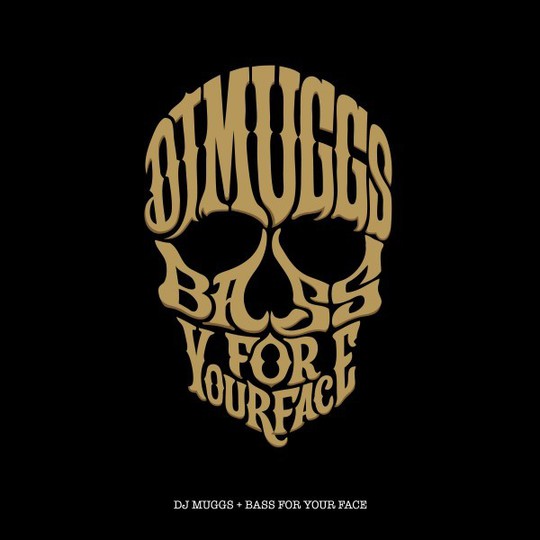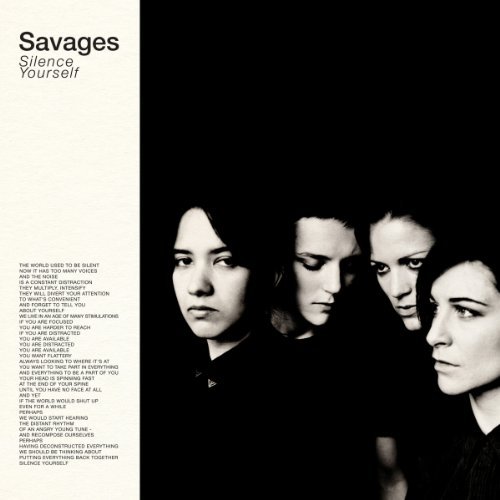In an interview this year with XXL, veteran producer DJ Muggs explained his affinity for dubstep. 'I like the hard shit,' he told the hip-hop magazine. 'So finding this stuff, I just incorporated it into my sets, and then about three years ago I thought, "I’m gonna start making some different shit. I’m bored with hip-hop so I want to experiment with some of these production techniques these guys use."'
Muggs is no rookie, but he isn’t as seasoned when it comes to dubstep. In the Nineties, he was the quiet force behind rap group Cypress Hill’s smoked-out grooves. Though the crew is remembered by B-Real and Sen Dog’s distinctive voices, Muggs laid the soundtrack with his woozy blend of psychedelic boom-bap, which proved just as noteworthy as the rhymes. During his long career, Muggs has navigated music on his own nomadic merits, plying the Beastie Boys, Ice Cube and Snoop Dogg with his own distinctive sound.
On his new album, Bass for Your Face, Muggs configures his music to today’s popular aesthetic of methodically stomping drums and penetrating synthetics. He opts for the same hip-hop/EDM hybrid as Bassnectar and TNGHT, but keeps things noticeably gutter with guest verses from Freddie Gibbs, Roc Marciano and Danny Brown, among others. Through it all, Muggs stays in control on Bass, filtering the MCs within loud layers of glitchy stadium sound. Though you recognize the vocals, it’s clearly a Muggs project; the instrumentals, both gripping and elaborate, take hold quicker than the rhymes.
On ‘Headfirst,’ for instance, Muggs manages to distort Danny Brown — one of rap’s most unique voices — into a choppy accessory. We don’t hear a full verse from the quirky Detroit rapper; instead, we hear bits and pieces until he’s blended beyond recognition (to the point where you have to check the liner notes to make sure it’s Danny). ‘Wikid’ treads similar ground: Amongst buzzing electronics, rapper Chuck D. is kept squarely in the background; you wonder if these are newly recorded vocals, or ones taken from past recordings. While the filters provide a decent twist for Bass, it’s a tried and true method for even the most popular EDM producers. As a result, Bass for Your Face is a decent output for the veteran, yet it doesn’t do enough to make him stand out in the crowd.
But if nothing else, Muggs finally proves he can adapt to current trends. On his previous solo effort, 2003’s Dust, the New York native stepped too far from himself, resulting in a downright messy collection of psych-rock and electronica that failed to make a lasting impact. Conversely, Muggs stays closer to home on Bass; the cosmic reggae of 'Deep Purple' feels like a descendant of Cypress Hill’s wonkier West Coast ethos. All told, Muggs reaches beyond hip-hop’s confines without alienating his core audience. That makes Bass For Your Face a respectable first impression for an old head learning new tricks.
-
7Marcus J. Moore's Score






















